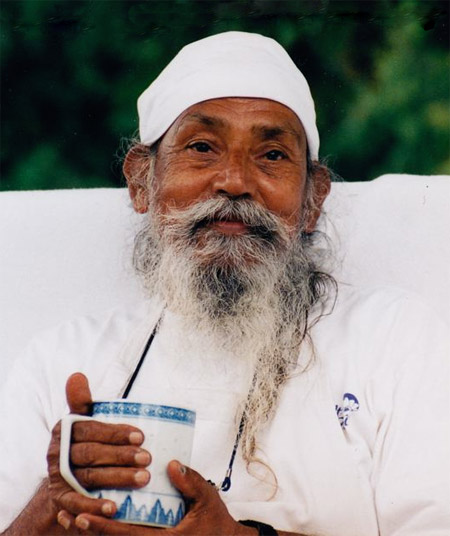Not taking things personally
 As we begin another year, it’s helpful to do some self reflection. What’s going well in your life? Where are you struggling? That’s the first question; the second one can be more challenging. In the part of your life that’s difficult, why are you struggling?
As we begin another year, it’s helpful to do some self reflection. What’s going well in your life? Where are you struggling? That’s the first question; the second one can be more challenging. In the part of your life that’s difficult, why are you struggling?
It’s all too easy to blame others for our problems. We’re generally very skilled at that; somebody does or says something we don’t like, and we think that’s why we’re unhappy. Some are more used to blaming themselves: “That was a such a dumb thing to do; I should know better.” The problem with both those approaches is that they don’t work. They keep us stuck in the same old struggles.
We go through life wearing a special pair of “me” lenses through which all our experiences are filtered. Because we’re wearing them, we believe that our experience is true. However, that’s not so. Other people have their own “me” lenses and see things from their perspectives. Anybody wearing “me” glasses is not seeing the truth. It is possible to take these glasses off, but it takes work. First of all, we have to consider that we are probably wearing them.
We live in the imagination of others. When we see a person, we don’t see the reality of that person – we see only our projected desires, which is our imagination. In this way, as long as we have not realized the truth, we all live in the imagination of each other.
We come into this world with built-in tendencies – samskaras – over which we have no control: our genetic pool, our families, the people we meet, the schools we go to, etc. People treat us either with kindness and gentleness or with impatience and irritation, and we may think we’re the cause of their feelings; they may even say so: You make me so angry……. or happy…….(or frustrated or proud or….). Although we may believe it, it’s not true.
In response to some action, someone might feel angry, but the cause of the anger was not what the person did. Anger arose because it’s that person’s habitual or built-in response to stress, often from some past suffering. The poet Henry Wadsworth Longfellow wrote: “If you knew the secret history of those you would like to punish, you would find a sorrow and suffering enough to disarm your hostility.”
We live in our own dream world, and other people are actors in our dream; they live in their own dream worlds in which we are actors. We don’t really see each other; we see a reflection of ourselves. None of it is personal; taking things personally makes life difficult for us.
A kind of experience accepted by the mind is called pleasure, and when that experience is rejected by the mind it changes to pain. Pleasure and pain are self-created illusions.
Pleasure and pain are nothing but the mind’s acceptance and rejection of experience.
To get out of the ping-pong game of pleasure/pain, we need to develop awareness.
By becoming aware of how desires control our actions, samskaras become thinner and thinner until they are transparent.
Only when we’re able to step out of our self-created dramas – by removing our “me” glasses – can we see the truth. Awareness develops by practice. When we find ourselves caught in one of our traps, we can ask: Is this true? Is this happening to me (that is, is it personal?) or is it just happening? Life happens; the only choice we have is how we respond to it. Each time we step out of a trap and look honestly at our own response, we strengthen the practice of truthfulness and compassion.
Peace in the mind, love and compassion in the heart bring the scattered world into one reality.
Taking things personally makes life difficult for us. Let’s take off our “me” glasses and live in peace, with ourselves and with others.
May we all awaken to the wonder and beauty of our lives.
—
contributed by Sharada
all quotes in italics are from writings by Baba Hari Dass
